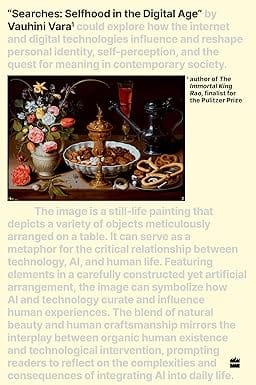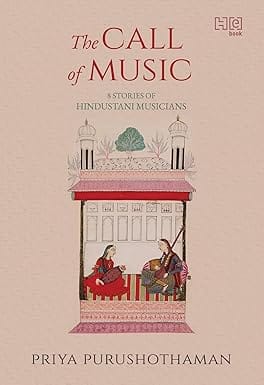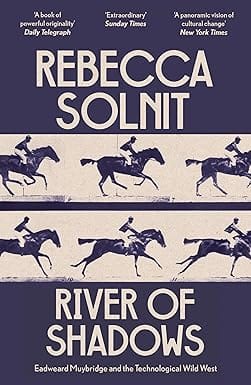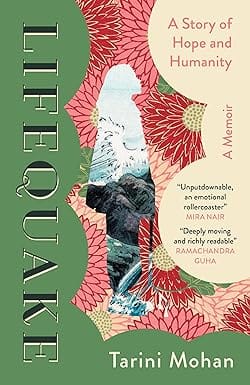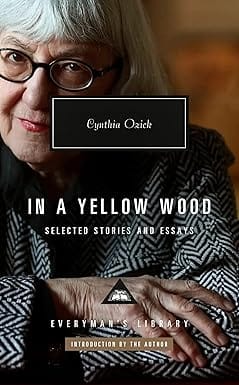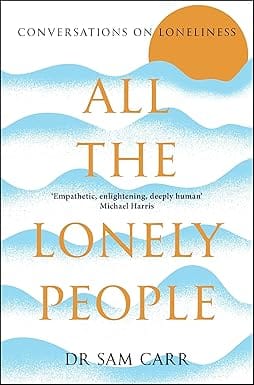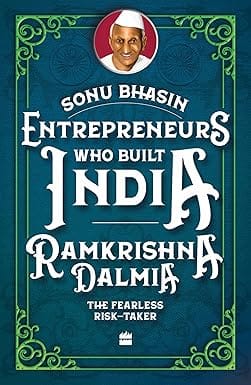- Non-ficton
- Non-ficton
- Contemporary Fiction
- Contemporary Fiction
- Children
- Children
- Comics & Graphic Novels
- Comics & Graphic Novels
- Non-Fiction
- Non-Fiction
- Fiction
- Fiction
When it was released to the public in November 2022, ChatGPT awakened the world to a secretive project: teaching AI-powered machines to write. Its creators had a sweeping ambition-to build machines that could not only communicate, but could do all kinds of other activities, better than humans ever could. But was this goal actually achievable? And if reached, would it lead to our liberation or our subjugation?
Vauhini Vara, an award-winning tech journalist and editor, had long been grappling with these questions. In 2021, she asked a predecessor of ChatGPT to write about her sister's death, resulting in an essay that was both more moving and more disturbing than she could have imagined. It quickly went viral.
The experience, revealing both the power and the danger of corporate-owned technologies, forced Vara to interrogate how these technologies have influenced her understanding of her self and the world around her. Searches illuminates how technological capitalism is both shaping and exploiting human existence, while proposing that by harnessing the collective creativity that makes humans unique, we might imagine a freer, more empowered relationship with our machines and, ultimately, with one another.
About the Author
Vauhini Vara has worked as a journalist and an editor for The New Yorker, The Atlantic, and the New York Times Magazine. Her fiction has been honored by the O. Henry Prize and the Rona JaffeFoundation. Her first novel, The Immortal King Rao, was a finalist for the Pulitzer Prize, and won the Atta Galatta–Bangalore Literature Festival Book Prize for fiction as well as the JK Paper–Times of India AutHER Award for best debut.
- Home
- Non-Fiction
- Biographies
- Searches Selfhood In The Digital Age
Searches Selfhood In The Digital Age
SIZE GUIDE
- ISBN: 9789369896585
- Author: Vauhini Vara
- Publisher: Fourth Estate
- Pages: 352
- Format: Paperback
Book Description
When it was released to the public in November 2022, ChatGPT awakened the world to a secretive project: teaching AI-powered machines to write. Its creators had a sweeping ambition-to build machines that could not only communicate, but could do all kinds of other activities, better than humans ever could. But was this goal actually achievable? And if reached, would it lead to our liberation or our subjugation?
Vauhini Vara, an award-winning tech journalist and editor, had long been grappling with these questions. In 2021, she asked a predecessor of ChatGPT to write about her sister's death, resulting in an essay that was both more moving and more disturbing than she could have imagined. It quickly went viral.
The experience, revealing both the power and the danger of corporate-owned technologies, forced Vara to interrogate how these technologies have influenced her understanding of her self and the world around her. Searches illuminates how technological capitalism is both shaping and exploiting human existence, while proposing that by harnessing the collective creativity that makes humans unique, we might imagine a freer, more empowered relationship with our machines and, ultimately, with one another.
About the Author
Vauhini Vara has worked as a journalist and an editor for The New Yorker, The Atlantic, and the New York Times Magazine. Her fiction has been honored by the O. Henry Prize and the Rona JaffeFoundation. Her first novel, The Immortal King Rao, was a finalist for the Pulitzer Prize, and won the Atta Galatta–Bangalore Literature Festival Book Prize for fiction as well as the JK Paper–Times of India AutHER Award for best debut.
User reviews
NEWSLETTER
Subscribe to get Email Updates!
Thanks for subscribing.
Your response has been recorded.

India's Iconic & Independent Book Store offering a vast selection of books across a variety of genres Since 1978.
"We Believe In The Power of Books" Our mission is to make books accessible to everyone, and to cultivate a culture of reading and learning. We strive to provide a wide range of books, from classic literature, sci-fi and fantasy, to graphic novels, biographies and self-help books, so that everyone can find something to read.
Whether you’re looking for your next great read, a gift for someone special, or just browsing, Midland is here to make your book-buying experience easy and enjoyable.
We are shipping pan India and across the world.
For Bulk Order / Corporate Gifting
 +91 9818282497 |
+91 9818282497 |  [email protected]
[email protected]
Click To Know More
INFORMATION
QUICK LINKS
ADDRESS
Shop No.20, Aurobindo Palace Market, Near Church, New Delhi

